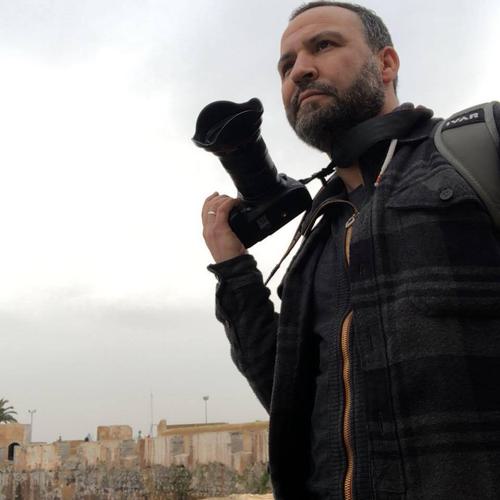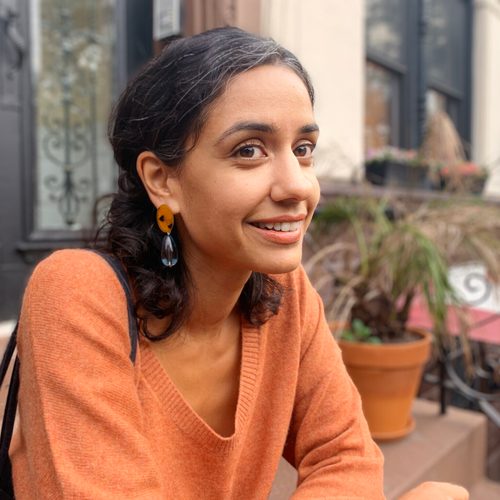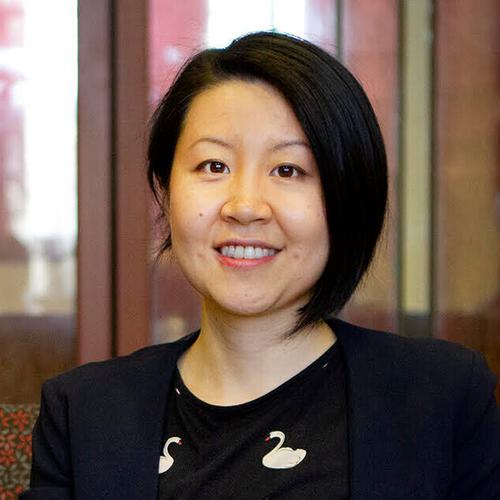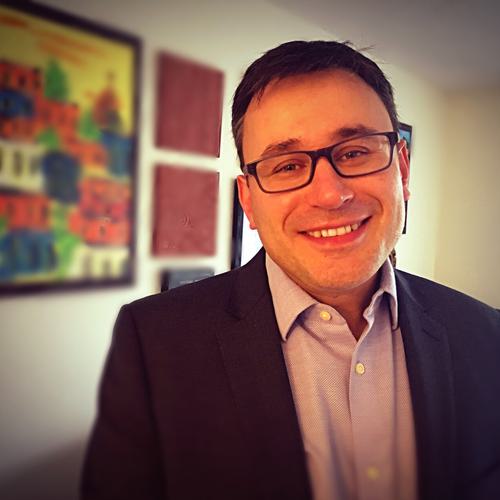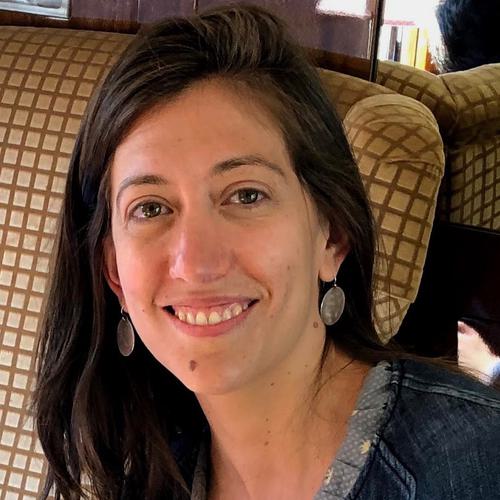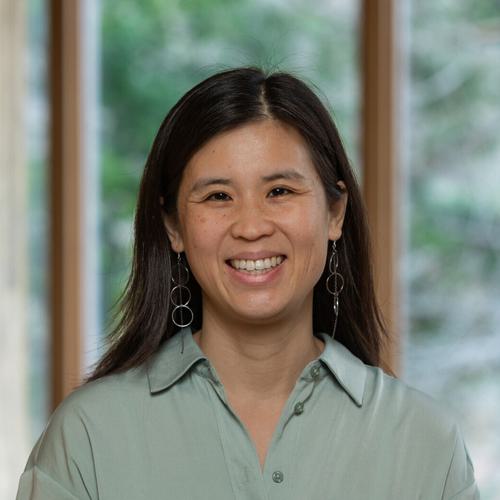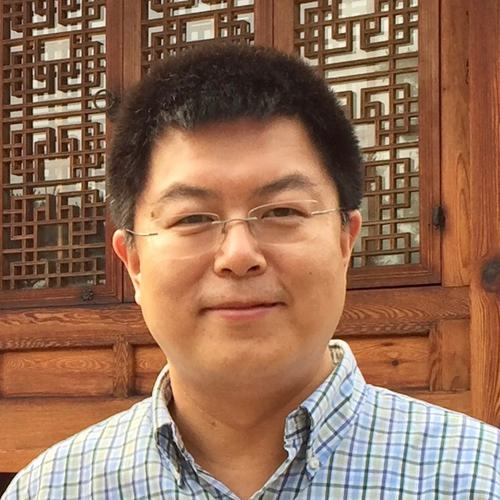Comparative Literary Studies
Academic Program Introduction
Comparative Literary Studies introduces students to the study of literature beyond individual national and linguistic boundaries. The program allows students to link literary studies with other areas of interest—film, philosophy, linguistics, translation, human rights, gender and sexuality, and more. Our courses emphasize how language operates within different cultural and historical contexts, providing students with skills for appreciating cultural diversity and difference. Students also gain advanced skills in writing and interpretation.
We offer a rare breadth of linguistic and cultural expertise and curricular options. Students choose from courses from departments and programs across the College to construct a major program that suits their interests, and they often pursue a second major, including in STEM fields.
Learning goals
Analyze literary texts, genres, and movements across departmental, national, and linguistic boundaries and in conversation with other texts, cultures, media, or technologies.
Apply key concepts of theoretical approaches to cultural and textual studies.
Understand the history of comparative literary studies and world literature, especially as they evolve in the current global literary moment.
Understand the dynamics presented by a literary text in translation and adaptation.
Acquire skills to appreciate cultural differences.
Programs of Study
Comparative literary studies major
Students go beyond the study of an individual literary tradition to embrace the study of literature in a broadly comparative context.
Course highlights
Translation and the Multilingual World
CPLT275
A study of translation in theory and in practice, in its literal and many metaphorical senses, and of the vast multilingual world in which translation takes place. Among the possible topics: translation of literary texts, translation of sacred texts, the history and politics of translation, the lives of translators, translation and gender, translation and colonialism, machine translation and Google Translate, endangered languages, the representation of translation in literature and film, invented languages. Students taking the course at the 300 level will do a substantial independent project: a translation, a scholarly inquiry, or a combination of the two.
-
First-Year Seminar: Monsters
REL112Y
An introduction to the history and concepts of monsters and monstrosity. We will apply readings in literary and cultural theory to case studies drawn from biblical literature and iconography from the ancient Middle East and Mediterranean myths and cosmologies, Victorian-era gothic novels, and contemporary popular culture to study monstrous beings from the earliest examples until the present. We will center questions concerning the human creation (and fear) of monstrous beings, the cultural specificity of terror, the social significance of monsters, and how the history of monsters informs, and has been informed by, the ancient world. No previous knowledge of the Bible, literature, or monsters is required or presumed. (CPLT 112Y and ES 229 and REL 112Y and REL 229 are cross-listed courses.) -
Introduction to Comparative Literature
CPLT180
Comparative literature is the study of literature and other forms of creative expression from an interdisciplinary and global perspective. Emphasizing the practice of close reading and embracing the benefits and challenges of reading texts in translation, this course introduces students to foundational and emerging methods in literary studies and lays the groundwork for a rich discussion of literature across a broad spectrum of literary forms, national traditions, historical moments and social identities. Readings will range from ancient epic to Afrofuturism, from fairy tales to speculative fiction, from sonnets to graphic novels and more. All readings will be done in English. Fulfills the Diversity of Literatures in English requirement.
Research highlights
-

Professor Sergio Parussa investigates the relationship between Judaism and writing in contemporary Italian literature as well as its intertwining with LGBTQ+ culture in Italy. His work includes translations of literary works, such as L'orso maggiore by Ginevra Bompiani, as The Great Bear (Italica Press, November 2000), and Simonetta Perkins by L.P. Hartley (Nottetempo, 2008).
-

Professor Carol Dougherty works at the intersection of literature, politics, and history in archaic and classical Greece. Her current research approaches Greek tragedy within the discourse of hospitality, exploring the political and ethical issues that narratives about welcoming the foreigner represent on the Athenian stage. Her book Travel and Home in Homer’s Odyssey and Contemporary Literature was published by Oxford University Press in 2019.
Beyond Wellesley
Beyond Wellesley
A major in comparative literary studies adds value to any résumé. Our graduates pursue careers in media, law, public service, the tech industry, the nonprofit sector, publishing, international business, and academia, among other areas.
Recent Employers






106 Central Street
Wellesley, MA 02481

